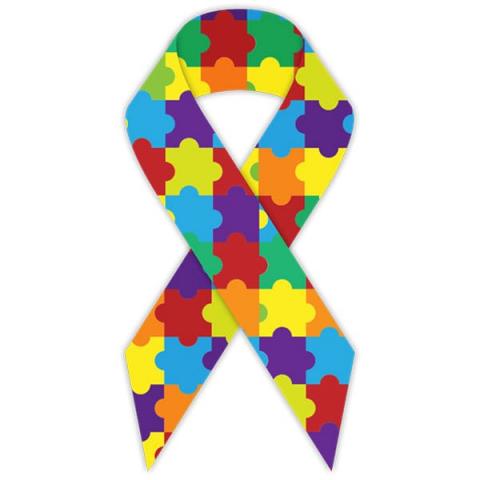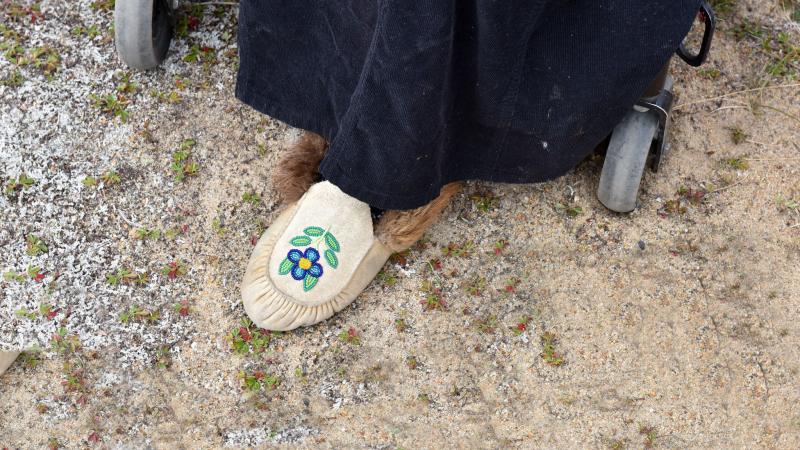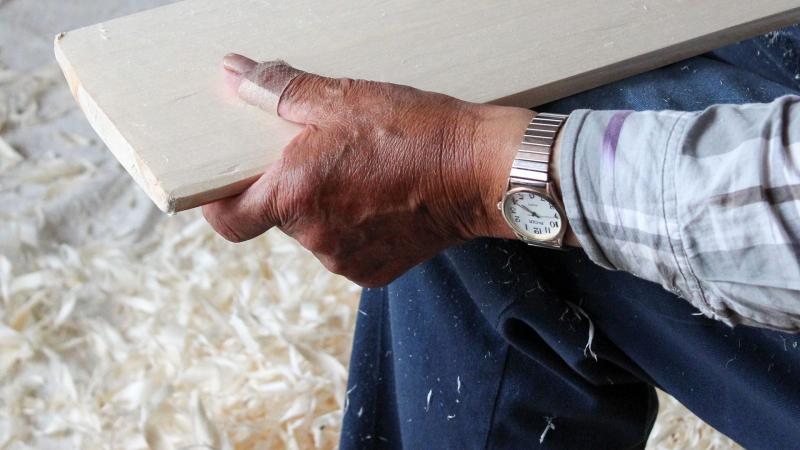Autism Spectrum Disorder (ASD)
Autism Spectrum Disorder (ASD) is a group of brain developmental disorders that may lead to challenges in:
- communication
- social skills
- behavior
Someone with ASD may experience the world differently, affecting how they learn and interact with others.
What causes ASD?
It is unclear what causes ASD.
ASD may be caused by the brain developing differently during early development. A combination of genetics and environmental factors may influence these differences
Some people incorrectly believe that vaccines cause autism, but there is no credible research supporting this.

Did you know?
- The rainbow colours symbolize the idea that autism is a “spectrum”. Autistic people are unique and have a variety of strengths and challenges
- Boys are diagnosed more often than girls
What are some common Signs/Symptoms?
Signs of ASD begin in early childhood and typically last throughout the person’s lifetime. ASD is an “invisible” disability; You may not know who has it just by looking at them. Children or adults with ASD might:
-
Have difficulties relating to others.
-
Excessively repeat words or phrases they have heard elsewhere.
-
Have trouble expressing their wants and needs.
-
Have difficulty adapting to unexpected changes in routine.
-
Appear sensitive to the way things smell, taste, look, feel, or sound.
-
Loss of skills they once had (e.g. stop saying words they were using regularly).
Do symptoms change over time?
The lifelong symptoms people with ASD experience may improve with age and support. Depending on their symptoms and available support, people with ASD may be able to enjoy a productive lifestyle in their communities.
How can I support someone with ASD?
Support can be provided before getting a diagnosis. For case management, education and strategies, local health professionals may refer the client to social services, community resources, and available rehabilitation services.
Services offered by Cree Health Board

Child psychiatry focuses on the mental health of children and youth.

Supporting people with disabilities who experience significant and persistent limitations as a result.

Occupational therapy helps people to improve their ability to perform normal activities.

Psycho-educational services assist people who are struggling with behavioural adjustment problems in various aspects of their lives.

Counselling and therapy to address a range of issues that can affect your physical, mental, emotional and spiritual balance.

Speech-language therapists help people with communication, language, speech and voice problems.


